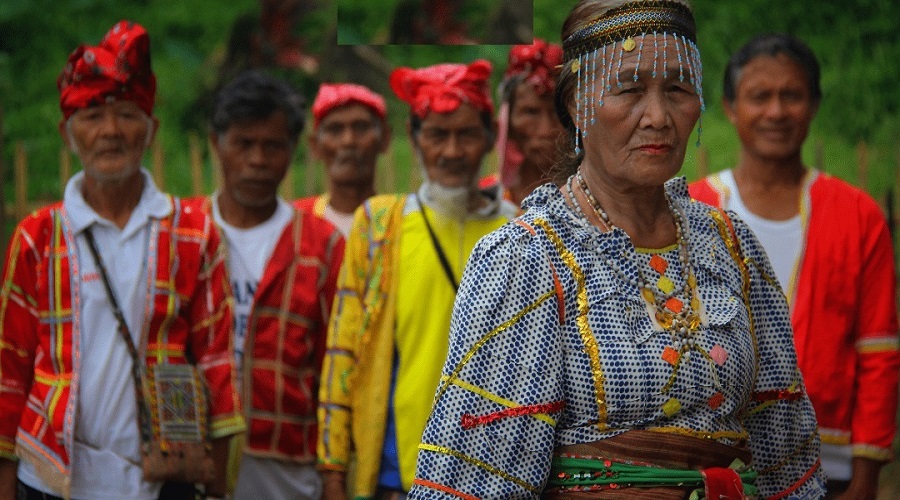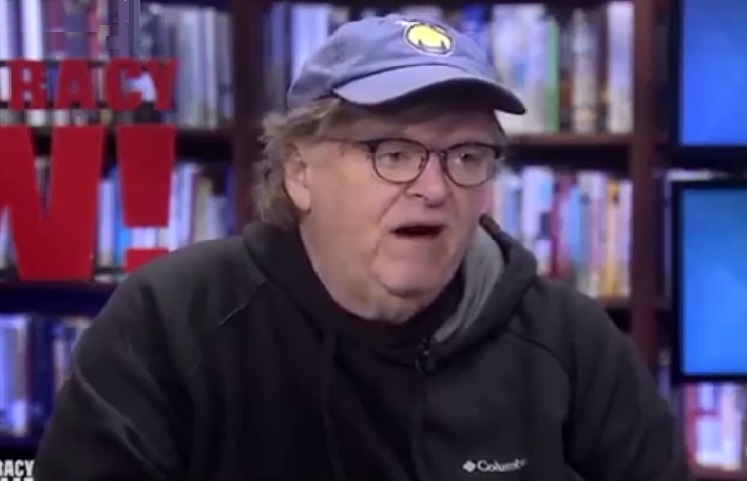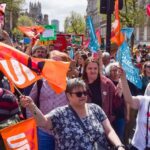- June 10, 2022
- No Comment
- 144
Philippine government’s campaign against communist New People’s Army insurgency

Philippine News
Filipinos have much to look forward to, and there is a wealth of Philippine news to choose from. The website has breaking news of national and local events as well as the latest on President Rodrigo Deterge and other recent developments in the country. In addition to breaking news, you’ll find podcasts, photos, videos, and features that cover the latest developments in the Philippines. Keeping up with breaking news is vital for Filipinos, so you’ll find it interesting to check out.
Government’s campaign(Philippine) against communist
The Philippine government’s campaign against the communist New People’s Army (NPA) insurrection is proving to be a test of Detente’s leadership. The former president publicly called on a retired university professor to return to the country and negotiate directly with the NPA, but his efforts to reach a deal with the insurgents stalled due to opposition from hardliners in both camps. Meanwhile, the Communist rebels have resorted to unilateral attacks against a luxury resort in Luzon and an ambush on a Philippine soldier in Mindanao, raising questions about the Communist leadership’s ability to control the NPA commanders on the ground.
The Philippine military has declared all-out war on communist rebels and ISIS-affiliated groups. While Deterge has been distracted by the scorched-earth drug war and has been afraid to alienate the military over a more China-friendly foreign policy, he has strengthened the most virulent anti-communist elements of the military. Former military general Antonio Parade Jr. has repeatedly warned of a “Red October”-inspired plot to topple the Deterge administration.
The Philippine government has fought the New People’s Army in Mindanao for over 50 years. The Philippine Army has remained confident in its strategy to defeat the insurgents, but Islamic State aligned militants have undermined its progress. The NPA’s recent offensive in Malawi City has involved the use of explosives and a deadly siege, which has cost over 4,000 lives.
While the Communist Party of the Philippines (CPP) is primarily a rural guerrilla group, it has urban infrastructure and a city-based assassination squad. The group also uses forceful means to extort revolutionary taxes from local businesses. Despite the military’s claims, the Communist Party of the Philippines (CPP) vows to continue its insurrection against the Philippine government. And with the help of the US and Chinese military, the government has established a National Task Force to End Local Communist Armed Conflict.
While the number of incidents reduced between February and April, the number of attacks again rose in May, with 51 out of 62 attacks occurring before May 23rd. In northern Luzon, the Maude Group began to lay siege to Malawi City, which has been the focus of Islamic militants and the Abu Sayyaf Group. In the southern region of Mindanao, meanwhile, the Abu Sayyaf Group and Islamic militants have been waging a campaign of violence against the government.
Covid-19 pandemic
The recent COVID-19 pandemic in the Philippines has been handled by President Rodrigo Deterge. Despite a low number of confirmed cases, the epidemic has left Metro Manila easing into a “new normal.” The World Health Organization and Department of Health have updated their information on the virus and its spread in the country. The following are some of the most important lessons learned from the crisis.
First, the health policy of each region must be in line with WHO guidelines. In the Philippines, the national government has outlined various measures, some of which restrict travel, while others prohibit individuals in certain age brackets from going outside. Depending on the pandemic in the country, the local government units can also implement such measures. In this way, they can limit the spread of the virus. However, there are still several epidemiological uncertainties that must be addressed to make the policy response effective.
The Inter-Agency Task Force on Emerging Infectious Diseases (IATF) is the government’s policy-recommending body. It includes Cabinet members and government agencies, as well as scientific advisers. The team sought advice from academics who modeled the epidemiological trajectory of COVID-19. There are several actors involved in the science advisory process, including the Department of Health, OCTA, and other government departments.
The impact of COVID-19 on different countries is largely determined by the country’s age structure, contact structure, and testing. In the Philippines, MHS can significantly reduce the disease burden through low-cost interventions. The disease’s resurgence may be due to the low levels of population immunity, lack of testing, and the spread of new variants. While there are several factors that influence COVID-19 transmission, OCTA’s work has made an enormous impact in the Philippines.
The MH law helped increase public interest in the disease, but the COVID-19 pandemic has decreased the public’s interest in depression. The increase in interest may be due to the growing awareness of COVID-19. Although the country is still suffering from a mental health crisis due to the COVID-19 pandemic, there is an urgent need to support the victims in the best possible way.
Human rights violations in the Philippines
The Philippine government is addressing human rights violations in several ways. The government has an independent agency called the Commission on Human Rights. The Commission investigates claims of public abuses and impropriety and has the authority to impose civil and criminal sanctions against violators. Since the Office’s establishment, it has investigated more than 300 cases of human rights violations. In August, the Commission received more than a hundred new cases of alleged extrajudicial killings and 130 cases of politically motivated killings. In these cases, five insurgents, three local government officials, and 45 unidentified people were killed.
The report documents systematic attacks on human rights activists and trade unionists in the Philippines. It details the stories of victims in the education, religious, and media sectors as well as human rights activists who denounce state violence. The report calls for an increase in public awareness of human rights issues in the Philippines and is intended to spur political and civil society action. Human rights activists should work to raise public awareness about the human rights violations occurring in their own country.
Human rights violations in the Philippines continue to be a problem. In August, the Center for Human Rights (CHR) cleared Manila police of an incident in which they detained 12 people in a secret cell behind a bookshelf. The Office of Ombudsman cited a lack of proof that the police acted in bad faith, while the Center for Human Rights argued that the officers’ conduct violated human rights standards. The decision of the Ombudsman was viewed as a setback to efforts to improve accountability in the Philippines.
The Philippine government’s failure to hold officials accountable for the human rights violations that occur in its country. The court expressed concern about the lack of accountability for human rights violations and condemned the practice of “red-tagging” and official blacklisting of critics. In many cases, this has led to the killing of human rights defenders. People in the Philippines are struggling to protect their rights and fight for peace.
Detente’s victory in the presidential election
In the unofficial polls, Rodrigo Deterge has a sizable lead over his rivals. He campaigned for changes in the country’s federal system, which he promised to implement. The federal system is popular in provinces that are far from Metro Manila. Electoral lawyers questioned the legitimacy of Dino’s substitution, since he was registered as a Pasay mayoral bet instead of a resident of Quezon City.
While Marcos was expected to win the presidency, the VP candidate is a close second. Detente’s victory has drawn the ire of many human rights activists, journalists, and religious leaders. Many of Detente’s policies have been endorsed by the former dictator’s son. Some observers believe that Detente’s popularity has come from his lack of charisma and humor, which helped him to win his first election.
Ferdinand Marcos Jr., the son of former dictator Ferdinand Marcos Sr., is set to become the next president of the Philippines in June. His victory comes at the end of a decades-long process to rehabilitate the family’s political image and reputation. As the incumbent, deterge will have to deal with a difficult political transition as the country faces many challenges ahead. A shaky start to his term will leave many Filipinos questioning his political future.
Despite the overwhelming popularity of Marcos, the Philippines may face six years of authoritarian rule. Nearly half of Filipinos favor authoritarian rule and a majority approve of military rule. In his presidential campaign, deterge promised to physically eliminate drug dealers. He was true to his word, and the acquiescent legislature and judiciary facilitated his bloodletting. His children have promised to carry on Detente’s legacy.
After winning the election, Detente’s brutal “war on drugs” has eroded liberal-democratic institutions in the Philippines. Deterge has also introduced the “punisher” approach to fight the drug trade, with police and vigilante forces killing suspected drug dealers. Detente’s Punisher approach is said to have resulted in the deaths of at least 30000 people.






